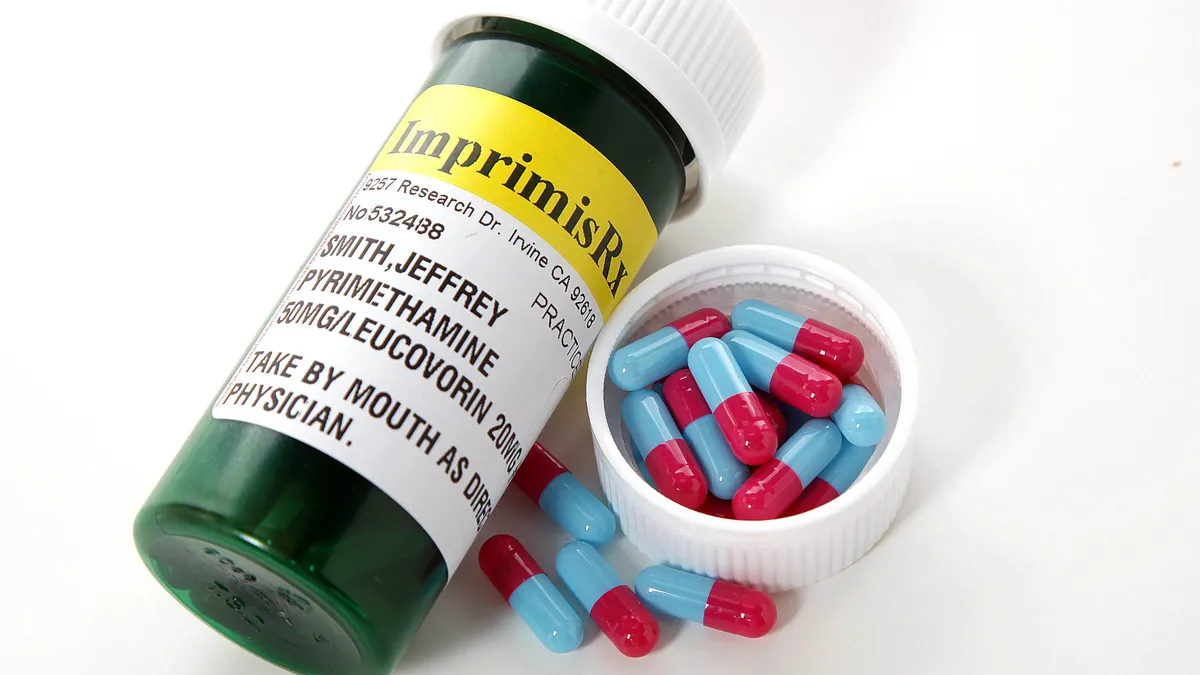Dive Brief:
- In a press conference on Wednesday, President-elect Donald Trump chided the pharmaceutical industry for its reliance on foreign operations and production of drugs, Forbes reported Wednesday.
- Trump had recently chastised the automotive industry for its offshoring practices, successfully inciting Ford Motors to announce its intent to invest in U.S. manufacturing, and the press conference may signal that Trump intends to do the same with biopharma for its outsourced production in the supply chain.
- Trump addressed the bidding process for drugs, which opens up a complex discussion and analysis of the balance between decreasing the price of drugs and what the drug buyer is actually purchasing, which is a clinical outcome.
Dive Insight:
Since Trump's electoral victory, businesses from automakers to brands have been subject to what several outlets are calling the "Trump effect," wherein a tweet or public chiding can change the company's fortune.
Carrier, Ford and General Motors are among the highest profile targets, but correlation is not causation and it remains unclear whether certain offshoring or reshoring decisions were in fact made due to the President. Executives say they were not. Regardless, it represents a risk and businesses are now careful to avoid the President-elect's ire.
Yet the offshoring trend may soon be drawing to a close. As wages and living standards rise in foreign countries, the cost of doing business is coming to outweigh the savings previously achieved. Murky supply chain sourcing and an undesirable distance from buyers has prompted several Chinese manufacturers who sell to the U.S. to relocate stateside, for example, demonstrating that logistical challenges to trade often matter more than isolationism.
Further, the issue of bringing Big Pharma back to the U.S. is unusually complicated. Sourcing is international, and ingredients could incur high tariffs, leading to even costlier drugs. Disrupting the current supply chain could also cause drug shortages, of which there are plenty.
In a further point, the industry has proven resilient to other trade-related disruptive events, such as Brexit, which has led some companies to experience lower operating costs due to currency shifts. In addition to currency and financial considerations, cold chains — unlike the automotive sector — must also consider geography and temperature controls on API, and while U.S. infrastructure for these is growing investing in new providers could prove a prohibitive cost. All in all, as with the automotive sector, it appears the Trump effect may be in name only ... but there is always room for surprise.













